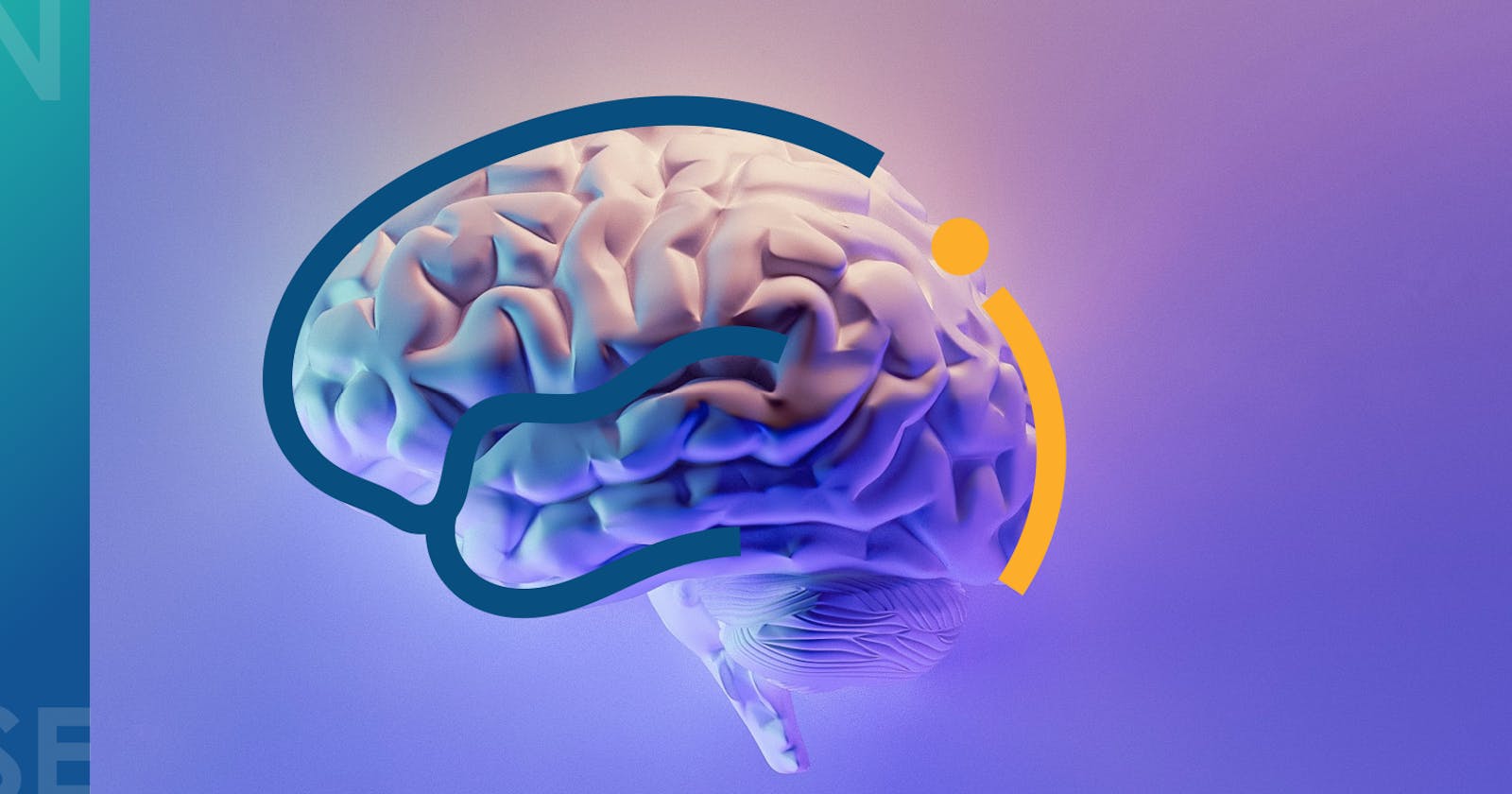Emotional Intelligence: Identifying, Understanding, and Using Our Emotions to Define Purpose and Vision
Table of contents
No headings in the article.
Are you ready to take control of your emotions and live a more fulfilling life? Emotional intelligence is the key to identifying, understanding, and managing emotions in yourself and others. This article will explore how emotional intelligence can help you define your purpose and vision in life.
Let's start by identifying and describing emotions. Naming your feelings as they arise is an essential part of emotional intelligence. It helps you become more aware and sensitive to your feelings, giving you options to manage them effectively. Describing your emotions can be challenging, but it's necessary for self-control and personal growth. Here's an exercise to help you identify your feelings: I'll list a variety of words, and you tell me what the feeling/emotion is - baffled, chaotic, flustered, rattled, shaken up, startled, stumped, stunned, thrown, thunderstruck, trapped, puzzled, blurred, disquieted, foggy, frustrated, misled, mixed up, perplexed, troubled. The emotion is confusion.
Here's a useful chart to get started.
Align to the left
Align in the middle
Resize to full width
Align to the right
Add a link to the embedded image
Add alt textDelete image
Understanding the emotional chain is the next step in developing emotional intelligence. Emotions result from a process known as the emotional chain, which involves stimulation, interpretation, arousal, and behavior. For instance, in a scary scenario like walking in a poorly lit parking lot at night, stimulation (sound of footsteps) is followed by an interpretation (threat), then arousal (fight or flight response), and behavior (run). Understanding the emotional chain helps us know ourselves better and redefine our unwanted reactions, thinking, and emotions.
Our past experiences shape how we see and experience the world around us. We often act from our past experiences rather than the reality of the situation. This can affect our self-perspective and mindset, leading to either optimism or pessimism. Optimism involves seeing the causes of problems as specific, temporary, and linked to factors outside oneself, while pessimism is a learned mindset. However, pessimism can have advantages, such as being more realistic and preparing for the worst. But if you identify as a pessimist, it's important to challenge this line of thinking and strive to be more optimistic.
Building self-esteem and confidence is the next step in developing emotional intelligence. Self-esteem is based on personal beliefs about oneself and one's ideal self. Building self-esteem involves accurate self-awareness and control over anxiety and frustrations. Low self-esteem is often associated with negative beliefs about oneself and a focus on weaknesses, leading to stress and poor resilience. To strengthen self-esteem, it's important to check in on oneself regularly, avoid negative self-talk, use positive affirmations, accept compliments, spend time with positive and supportive people, and engage in activities one enjoys.
Now, let's talk about defining purpose and vision. Understanding emotional intelligence helps us become better individuals and define our purpose and vision in life. A sense of purpose and vision help us achieve personal and professional goals, providing direction and motivation. For instance, the Japanese company Kyocera emphasizes that people are their most valuable resource and aims to exceed employees' and the company's expectations. This is driven by the company's motto, "Respect Heaven and Love People," similar to the biblical commandment "Love God, Love People."
In conclusion, emotional intelligence is crucial for personal and professional growth. We can lead more fulfilling and purposeful lives by identifying and understanding our emotions, managing them effectively, and defining our purpose and vision in life. So, when you're ready to take control of your feelings and define your purpose and vision in life, get started!


